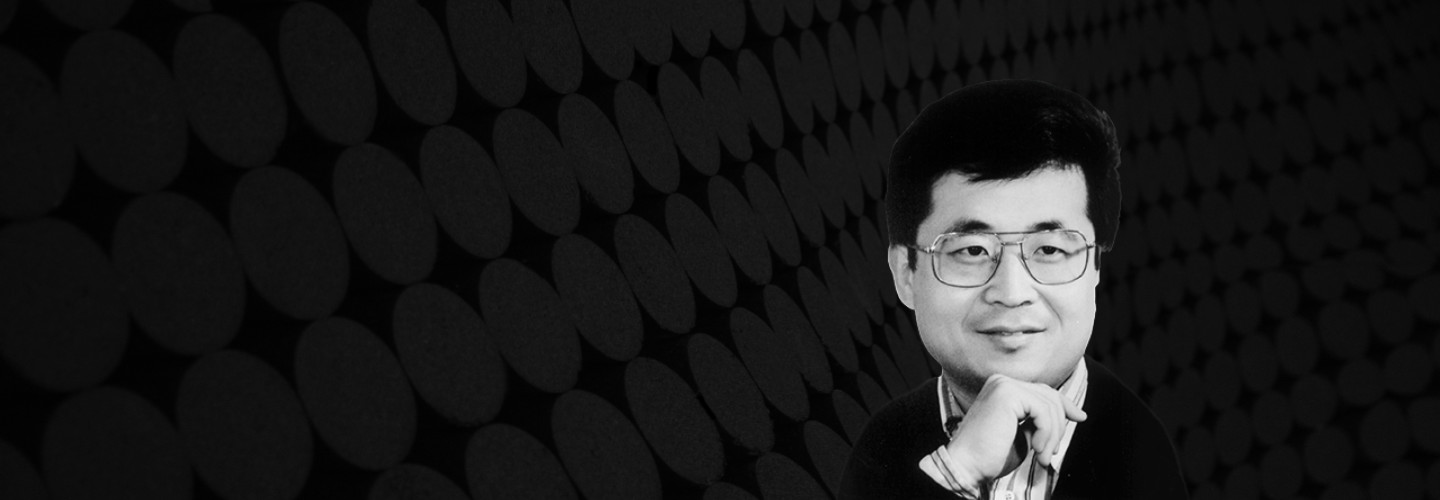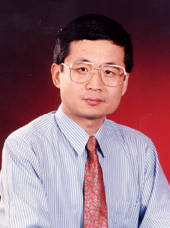


*2 September 1957
Julian Yu, who was born in Beijing on 2 September 1957, suprised his non-musical family by writing his first composition at the age of twelve. He went on to study composition at the Central Conservatory of Music in Beijing and later joined the teaching staff there. From 1980 to 1982 he studied at the Tokyo College of Music under Joji Yuasa. In 1985 he settled in Australia. In 1988 Julian Yu was a composition fellow at Tanglewood, where he studied under Hans Werner Henze and Oliver Knussen.
Julian Yu has received more than twenty awards for composition since 1987, including the Koussevitzky Tanglewood Composition Prize as well as awards in competitions in Japan, Italy, France, the USA and his adopted Australia. In 1991 and 1994, respectively he won the inaugural and the subsequent Paul Lowin Award for orchestral composition with Hsiang-Wen (Filigree Clouds) and Three Symphonic Poems. There is no higher national award available to an Australian composer.
In October 1995 his Philopentatonia was given its world premiere by the London Sinfonietta at the South Bank, and this work was premiered in France in March 1996 by the Ensemble InterContemporain. Oliver Knussen, who also gave the US premiere of Wu-Yu, conducted the first performance in the UK of Great Ornamented Fuga Canonica. Wu-Yu was given its UK premiere by the BBC Welsh in January 1996 under the baton of George Benjamin. Yu's most recent work for the Australian Broadcasting Corporation, Sinfonia Passacaglissima, was given its world premiere in September 1995 by the Tasmanian Symphony Orchestra.
Julian Yu's music has been featured at international contemporary music festivals such as the Munich Bienniale, the ISCM World Music Days and the Huddersfield Contemporary Music Festival. While resident in China, he diversified by writing music for television, radio, films, dance and stage plays.
Julian Yu prefers to be described as a “composer” rather than be labelled a “Chinese composer” and he does not believe in overtly parading his ethnic origins in his music.
Since emigrating to Australia he has studied Western music in depth while in parallel exploring how to “inherit the Chinese musical tradition in different ways.” Instead of borrowing the external sounds and modes of Chinese music, he has tapped into its inner structures. Two prominent features of Yu's method of composition are improvisation, usually based on a piece he has previously composed, and ornamentation, the elaboration of existing material such as the music of J S Bach. Ornamentation is an important element of the Chinese folk tradition.
For a number of years after leaving China, Yu's music revealed little perceptible Asian influence. Only in the last couple of years has he felt himself sufficiently distanced from the Chinese tradition to reappraise the delights of using the pentatonic scale (in Philopentatonia and Pentatonicophilia). Yu's music is often delicate and intricate, but can be vigorous and rhythmical (e.g., Hsiang-Chi). His music represents a unique fusion of Asian and Western culture and, like the compositions of Messiaen and Takemitsu, is not confined by national or ethnic boundaries. “If a composer can be brave and not be limited by known sounds and styles, his composition may reveal new and beautiful worlds of sound.”
